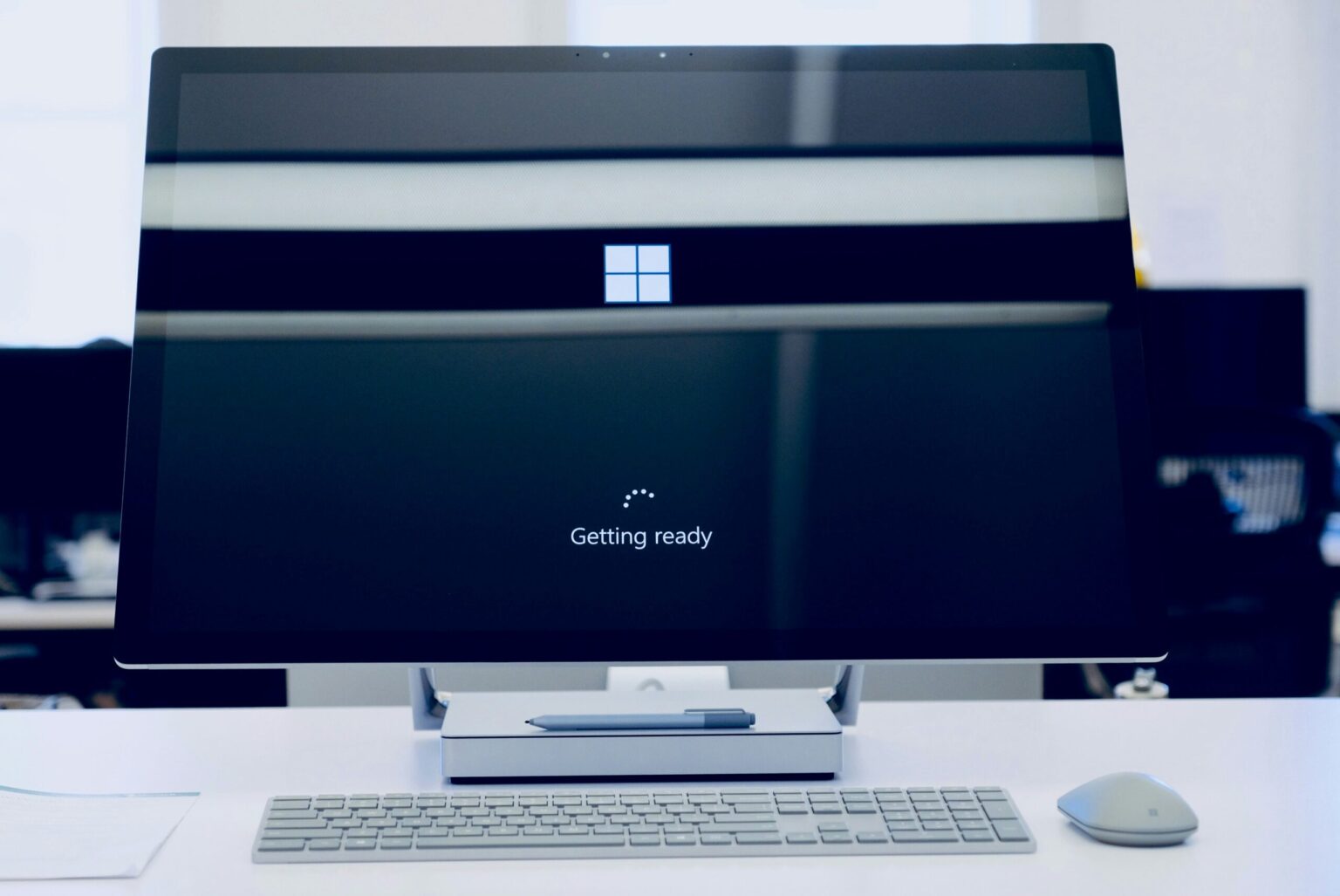OpenAI and Microsoft have been looking into allegations that DeepSeek took ChatGPT outputs without approval. Reports say DeepSeek used text generated from ChatGPT in training smaller models, which includes R1’s earlier version, V3. In one instance, V3 referred to itself as ChatGPT, pointing to borrowed material from OpenAI’s systems.
That practice, called “distillation,” is banned under OpenAI’s terms of service. The idea is to produce synthetic data from a larger model, then pass it into a second system. OpenAI has warned that such tactics can weaken developer trust and harm fair competition among AI providers.
Ironically, OpenAI has faced multiple lawsuits for pulling information from outside sources without approval. One high-profile claim came from the New York Times, which accused the ChatGPT-maker of indexing millions of articles without permission. Another filing, now dropped, stated that OpenAI scraped online content for training, bypassing official routes to gather data.
Where Does Microsoft Fit Into This Story?
Microsoft, known for its investment in OpenAI, announced that DeepSeek’s R1 is now part of Azure AI Foundry. That platform grants access to multiple models, with R1 becoming an additional choice for developers. This came on the heels of an updated contract with OpenAI, which introduced a right of first refusal instead of total exclusivity.
Chief Executive Satya Nadella stressed that the bond with OpenAI is solid. He said that lower token costs can drive usage, which leads to more activity on cloud platforms like Azure. Nadella mentioned that when computing expenses fall, it promotes a higher number of applications and expanded AI adoption.
Microsoft’s AI revenue reached $13 billion annually, surpassing prior projections. That outcome is a testament to the belief that competition in the AI world can bring advantages for hosts of infrastructure.
Nadella signaled confidence that startups like DeepSeek will lead to greater demand for cloud services, which speaks to Microsoft’s long-term plan for growth.
More from Artificial Intelligence
Can Microsoft Support Both Startups At The Same Time?
Experts have also weighed in. We’ve asked whether Microsoft will be able to handle now competitors, OpenAI and DeepSeek, seeing as these companies both work with the famous software company, and this is what they shared:
Camden Woollven, Group Head of AI Product Marketing at GRC International Group
“It’s a tricky balance, but I think they can pull it off. Microsoft isn’t putting all their eggs in one basket here. They’ve got their solid partnership with OpenAI, but they’re also smart enough to recognise that DeepSeek’s doing something interesting with their cost-efficient models.
“They’re not giving DeepSeek the same level of commitment they’ve given OpenAI. DeepSeek’s R1 model is just being added to Azure’s platform, while OpenAI remains their primary strategic partner. It’s more like Microsoft is keeping their options open while still maintaining their core relationship with OpenAI.”
“Right now, we’re seeing a clear split between the traditional approach of throwing massive computing power at problems, which is what OpenAI does, and DeepSeek’s more efficient method. Microsoft backing both approaches could force other big tech companies to rethink their strategies.
“The real winners here might be smaller companies and developers. If DeepSeek’s more cost-effective approach proves successful, we could see AI becoming more accessible to organisations that can’t afford the massive computing costs of current models. That’s a game-changer for the industry.
“But there’s definitely some risk here. Microsoft’s investigating whether DeepSeek used OpenAI’s data without permission, and that could get messy. Plus, with all the current tensions between the U.S. and China in tech, Microsoft will need to navigate some tricky political waters.”
Komninos Chatzipapas, Founder, HeraHaven.AI
“I think from Microsoft’s perspective, it makes sense to support as many AI models as they can on their Azure platform. Sure, they’ve invested in OpenAI and they do currently have the best performing general-purpose AI models.
“But Azure customers might want try out other models, and if Azure does not support them, they’ll find them on another platform and Microsoft will lose business.”



